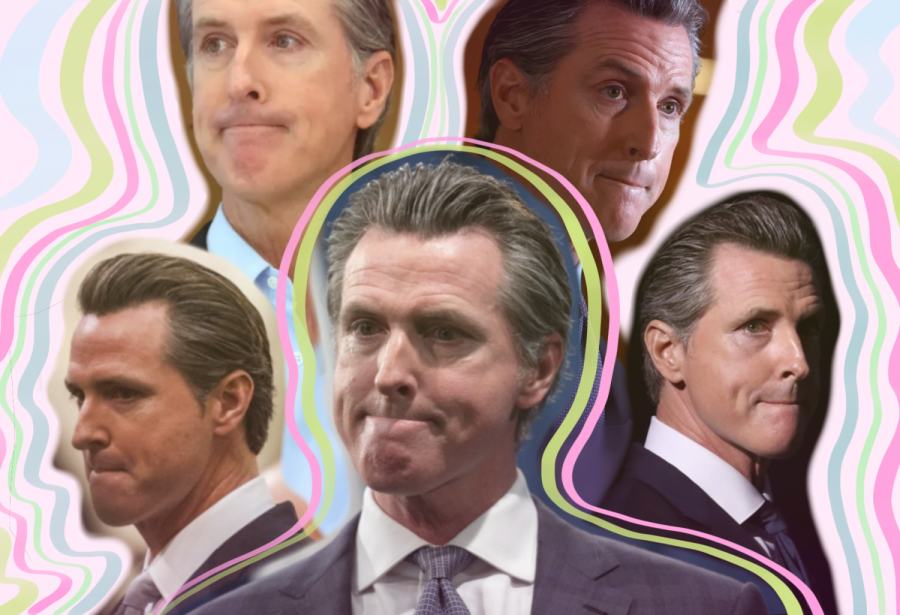Newsom Recall Reveals Flaws in the California Recall System
The California recall election of Governor Gavin Newsom is set to take place on September 14. I don’t think enough young people are talking about it – A lot is at stake.
The last time California has had an actual recall election was back in 2003, when Gray Davis was removed from office and replaced by Arnold Schwarzenegger. Schwarzenegger had the majority of California’s support when he won. However, with the Newsom recall election, things are much more divided.
According to polls conducted by FiveThirtyEight, the opposition for recalling Newsom has over 50 percent of California support. However, the next most supported candidate, out of the 46 other candidates, is republican Larry Elder, who has around 27.6 percent of California support.
If opposition for the recall of Newsom ends up not reaching above 50 percent, the most feasible result would be the swearing in of Larry Elder, a man with minimal support, as the Governor of California.
Elder is a popular conservative talk show host, and is popular amongst California’s most republican voters. He once wrote that, “women know less than men” in terms of voting since they “exaggerate the problems of sexism,” he is against the idea of mask mandates and vaccines, and once called climate change a “crock.”
This is the man that could replace our current governor.
If Newsom is recalled and replaced by Elder, this could have very real effects on California laws, but also the overall political climate and trends of the entire United States.
Dr. Bob Wachter, chair of the Department of Medicine at University of California, San Francisco told USA Today, “The election could be a referendum on a political leader who stressed he tried to follow the science during a pandemic… If it turns out it costs you your job, that’s a pretty big deal.”
The hypothetical scenario that Elder does become governor also seems incredibly unfair to California voters in general. Less than 30 percent would even be happy with the outcome of the election. This begs the question, is the California recall process flawed?
Erwin Chemerisky, the dean of the School of Law at University of California Berkeley, wrote in the New York Times that, “The [recall system] is not only nonsensical and undemocratic. It is unconstitutional. It violates a core constitutional principle that has been followed for over 60 years: Every voter should have an equal ability to influence the outcome of the election.”
To fix this issue, it would make much more sense to just present all of the candidates, including Newsom, on 1 ballot, seeing who garners the most votes.
Unfortunately, this is not how the California system works. If Newsom does not gain more than 50 percent of California’s support on Tuesday, a candidate with much less support will replace him.
On September 14, the fate of California is up in the air. If you are eligible to vote, go vote; a lot is at stake.
Your donation will support the student journalists of Campolindo High School's The Claw. Your contribution will allow us to produce more issues and cover our annual website hosting costs.

Senior Isabelle Katz loves to learn and tell stories. Depth reporting is a passion of hers. “You have to execute the craft of story telling and let the...


